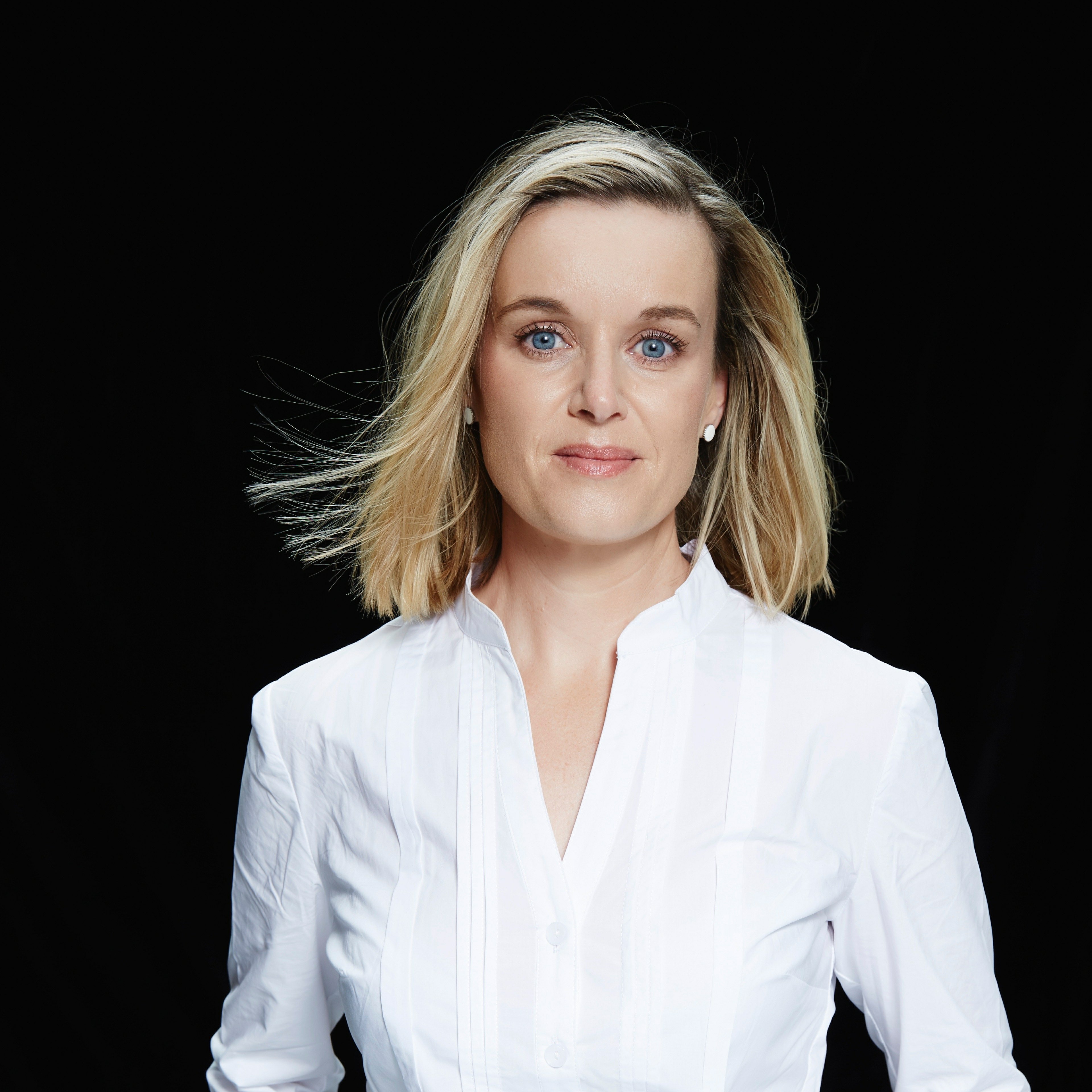Clare Payne, BFSO Board Member and Consulting Fellow with St. James Ethics Centre, contemplates the question: who do you work for? She considers the banking and finance industry’s obligation to society at large. As an industry founded upon a social contract with trust at its core, it should ultimately be guided by this philosophy when ethical obligations may seem unclear.

Who do you work for? Perhaps the answer is simple. While we all know who our employer is, questions around who you really work for and whose interests drive your work and opinions, can explain many of the decisions and trends in business and the broader society.
Do you work to earn money to support your family? Perhaps it’s for something to do - simply a way of filling in time? Do you work to further your career, to get to the next level with an end goal in mind? Do you work for yourself, to build something that you can leave for your children or sell for a profit? Do you work to deliver good service for customers or clients? Do you help people? Or is it the investors or shareholders - do you work for a return for them?
All questions are valid and no answer is wrong, but depending on your ultimate motivation, your decisions and actions at work may vary markedly.
For those that work for an income to provide for a family or a lifestyle, then things might be relatively simple. Perhaps you’ll just do what’s required to get the job done, follow the rules rather than question them, stay in line, or under the radar. The ethical issues you encounter through your work, the rules and processes that guide behaviour, are probably set somewhere else and that might be fine with you.
If it’s the shareholder that reigns supreme, then it is likely a financial return that motivates your decision and actions. ‘It’s in the interest of the shareholder’ is a familiar statement in business, particularly over the last two decades, where we have witnessed the rise and rise of the shareholder, as the ultimate stakeholder.
It is unfortunate that some truly unethical behaviour has been justified in the interest of creating a return for the shareholder. The concurrent rise of institutional investors has made it difficult to understand if in fact the shareholder does want a return - at all costs. It has been the assumption, not readily challenged.
In the banking and finance industry, the customer is often identified as the primary focus, the centre of the business, who they serve. It seems obvious really for without the customer, there would be no business, but what happens when the customer’s interests are not well served by a decision that is in the interest of shareholder returns? Fees for example could present quite a quandary for tellers and those in frontline sales roles.
The banking and finance industry was founded upon a social contract with trust at its core. The industry provides an essential service, now an integral component to a civilised society. In fact, the vast majority of us have little or no choice but to engage in some way with a bank. It would therefore do the banking and finance industry well to remember this broader social obligation, for it is society that they ultimately work for.
Remembering this social contract, this broadest of obligations, inevitably leads to a clearer path for decision-making. The relevant questions being: what’s our obligation to society? How do we keep the trust of our customers and our shareholders? How can we strike a fair balance?
Even if you work for yourself, follow all the rules and abide by policies and procedures, there will still be times when you need to exercise your own judgement, as not every eventuality can be provided for. It’s then that the greater good of society might act as a guide.
So the answer to the question, who do you work for? It should be simple, I work for a good society.
Clare Payne - BFSO Board Member and Consulting Fellow with St James Ethics Centre